Last Updated on 2025-05-01 by a-indie
A groundbreaking musical experiment is taking shape in the outskirts of Brisbane, Australia.
Matt Hsu’s Obscure Orchestra is, in other words, the musical utopia that John Lennon envisioned in “Imagine.
With 25 members, Matt Hsu’s Obscure Orchestra is a ripper blend of orchestral arrangements and punk spirit, pushing beyond conventional genres and musical boundaries.
At the helm is Matt Hsu, a Taiwanese-Australian multi-instrumentalist who turned his self-proclaimed musical “ordinariness” into his strength.
Currently, his orchestra embodies the power of truly inclusive artistic expression, bringing together artists from diverse backgrounds including non-binary, transgender, Indigenous, and refugee communities to create what they call “joyful resistance” through music.
With the simultaneous release of their new albums “Forest Party” and “Noodle”, Matt shared his journey from being an average trumpet player to becoming an unconventional orchestral innovator.
Let me conclude by saying this: their presence in the 2025 music scene and society represents something both desperately needed yet frustratingly difficult to access.
That’s precisely why their existence is invaluable, and their music is among the most essential voices that need to be heard.
I deeply hope this music reaches from Australia to Asia, the West, and throughout the entire world.
Artist:Matt Hsu Interviewer:Tomohiro Yabe
Matt Hsu’s Obscure Orchestra interview
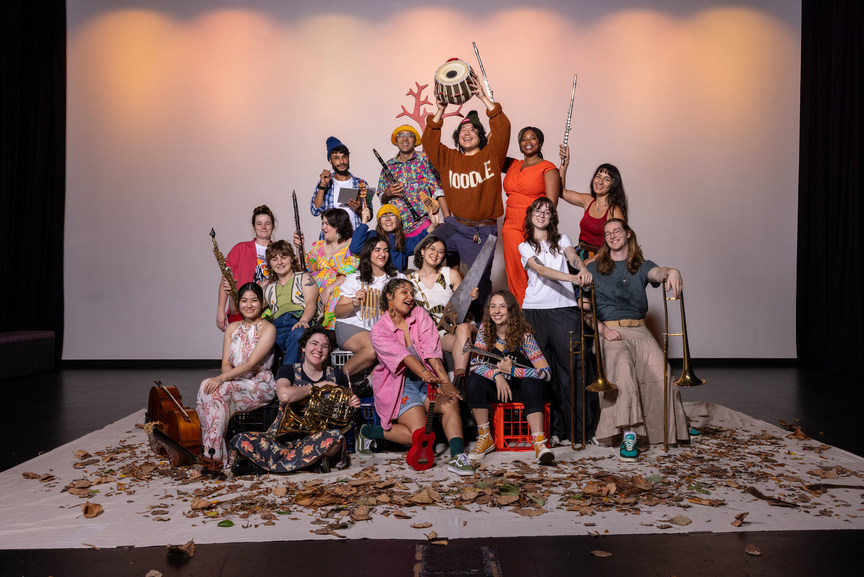
– What is the meaning behind the name “Obscure Orchestra”? I’m particularly interested in why you chose the word “Obscure.”
Matt Hsu:Thanks so much for having me Yabe!
Obscure’ is a really delightful word I think. It has multiple meanings and all ring true to MHOO. I started this project as a solo artist, so I wanted a name that quickly conveyed the relatively eclectic and experimental nature of what I like making, that gave the impression of a strange and otherworldly ensemble of sounds emanating from one person.
Then, as the project started to grow into an actual ensemble, I think the word ‘obscure’ nods towards the diversity of people in the orchestra. We have folks that are non-binary, transgender, queer, disabled, First Nations, BIPOC and from refugee backgrounds. And our instruments range from euphonium to taiko.
It also means ‘not very well known’ which is where my comfort level as an artist is, haha!
Also, a pragmatic reason was, people constantly struggle to pronounce Hsu (‘shoo’) so I chose Obscure Orchestra in those early days so people could latch onto something to remember.
About Matt Hsu
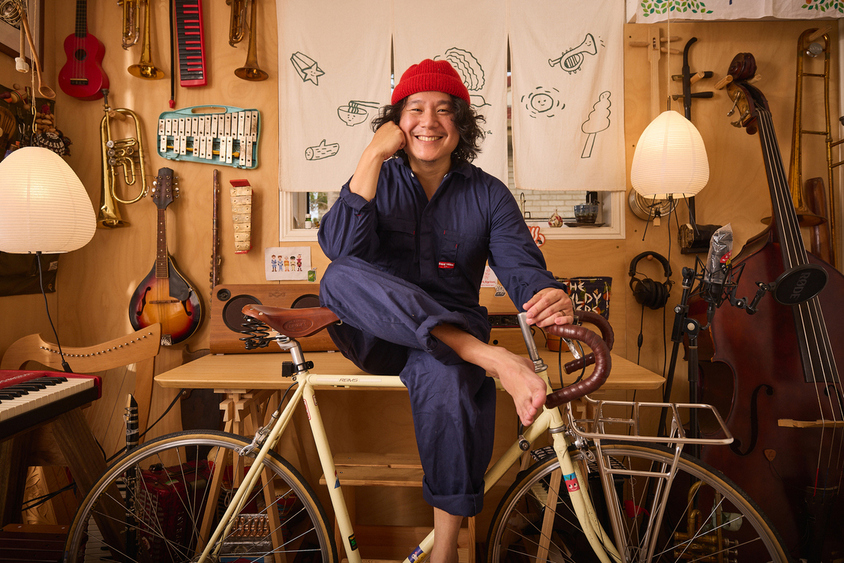
– As an artist of Taiwanese origin, what brought you to Australia? Why did you choose to pursue your musical career in Australia rather than Taiwan?
I was born in Australia so it’s the culture I grew up in and has always been home base. It’s a place where many Indigenous cultures have thrived for tens of thousands of years until it was colonised by British settlers, and waves of immigration since then, including my family, so it has very complex history as stolen land. I grew up in a bilingual household in a suburb called Sunnybank, an incredibly Taiwanese-infused Australian community, so I was raised in that thick soup of culture, but I also didn’t escape crappy occurrences of racism and othering. All these things about the place where I live and my experiences in it, are present in the under layers (and on top) in my albums.
– I understand you play nine different instruments. What inspired you to learn multiple instruments? Please tell us about your first instrument and what motivated you to learn others.
So, there’s a comic book being released with this album that has that whole story! But in short:
When I grew up, I seemed to be surrounded by kids who were musical prodigies, performing genius level piano or violin in primary school. Hilariously, my musical journey was defined by mediocrity — my first instrument was trumpet in grade 5 and I was (and continue to be) utterly average. Then in high school I started drum kit which I was ‘just okay’ at. Despite being very average, I loved to play anyway. I remember getting these shivers of joy playing in school bands, feeling like, “I’m part of something that’s making this sound!”
As I got older, I noticed the ‘musical prodigy’ kids had mostly abandoned music. I learned that for them, music was a strict, stressful and kind of soul crushing race toward perfectionism. But for me, being viewed as ‘mediocre’ became a kind of strength for me. It meant freedom from expectation and a hunger to try all kinds of instruments. It allowed me to ‘be bad’ but do it anyway; to just get ‘the knack’ of playing without the pressure to be perfect.
I also hungrily sought out music from different cultures, which was a huge part me grappling with my internalised racism. Hearing musicians embracing their cultures through making art was so inspirational, and made me want to respectfully explore music and instruments from around the world. All this together led to me falling in love with learning, playing and weaving together different instruments and sounds, and those became the first Matt Hsu’s Obscure Orchestra song experiments.
What is Obscure Orchestra?
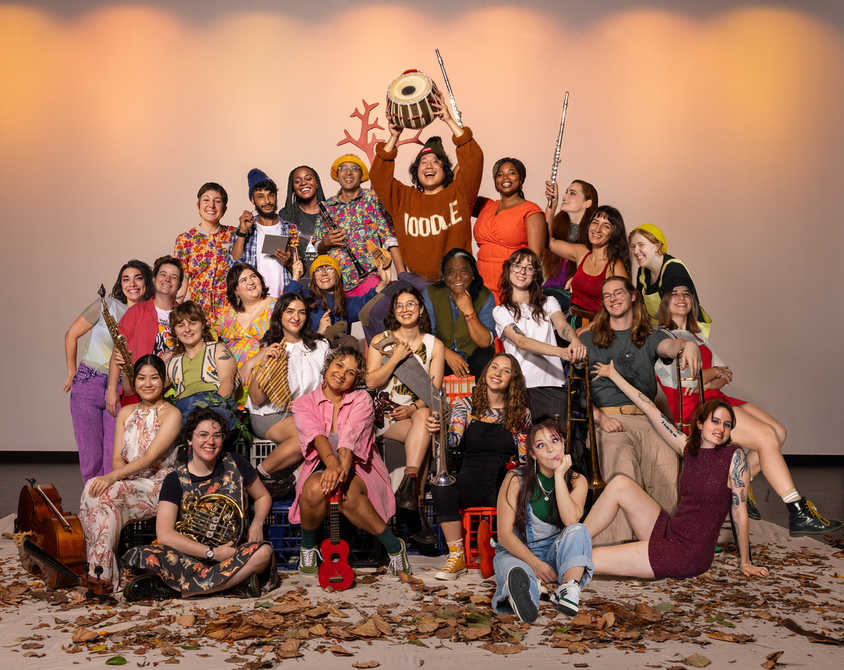
– What led to forming an orchestra of 25 diverse artists? You’re described as an “anti-racist orchestral-punk ensemble” – could you explain the meaning behind this description and any messages you wish to convey through your music?
The seed of me starting an anti-racist orchestral-punk ensemble began in my 20s, when I joined a folk-punk band called The Mouldy Lovers, with other young people who hadn’t learned instruments the ‘right way’. I loved how together we learned to make music through improvisation, trial and error, laughter and friendship — DIY composing together until we loved what we heard. I loved going on road trips to play shows, running around new towns, doing civil disobedience when we noticed social injustices being committed; in particular, the treatment of asylum seekers and refugees, inequities faced by First Nations communities, and profit-driven environmental devastation. In that 10 years playing in The Mouldy Lovers, I deeply absorbed the notion that music should revolve around community and friendship.
So all this together, the freedom to ‘be bad’ at music but do it anyway, soaking up music around the world, creating community with my punk band, and the importance of civil disobedience and activism, became the building blocks for Matt Hsu’s Obscure Orchestra as it is today, a community of socially-minded artists and friends.
– (Related to above) Your band’s diversity in terms of race, age, and gender is quite refreshing. How were these members selected or how did they come to join?
Quite naturally in the way friend groups are formed! You meet someone you love spending time with, they introduce you to other people they trust, and soon enough, you’ve got 20-something people! The diversity of the orchestra isn’t overtly deliberate or a ‘requirement’, but it’s not unconscious either.
What I mean by that is, growing up, seeing band after band of white dudes with guitars, that cultural uniformity became really jarring and sent a message of ‘only this kind of person is welcome in the alt/indie music space’, which is similar to how classical orchestra tend to privilege certain kinds of players and eurocentric musical content.
Because I grew up with strong experiences being othered, I think I instinctively empathise with people who share those experiences. Because of that, those kinds of communities that have naturally floated towards, and joined, Obscure Orchestra.
Roots of Matt Hsu
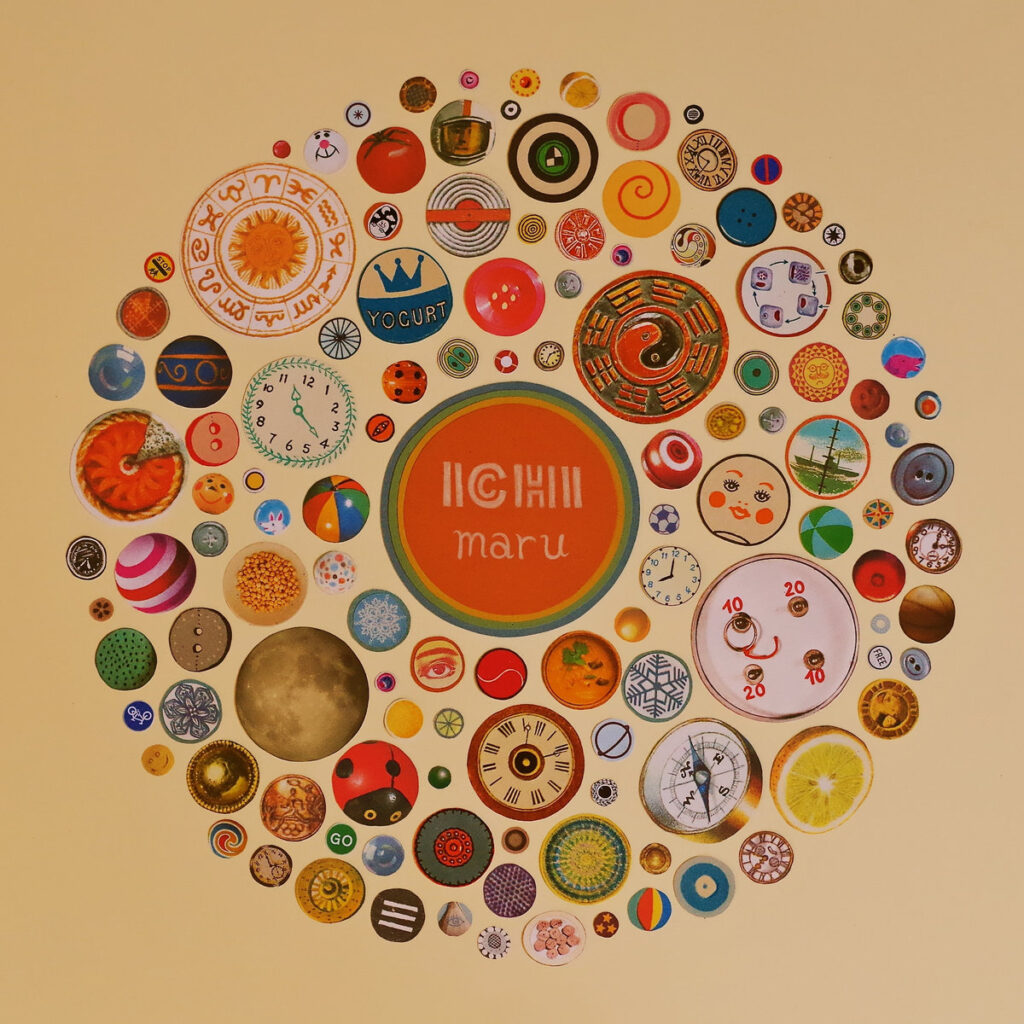
– We believe in understanding an artist’s current music through exploring their roots. Could you name three albums that influenced you and explain specifically how each has shaped your current music?
I don’t know how to stop at three. Haha!
ICHI – Maru
This somewhat obscure Britian-based Japanese musician blew my mind at Woodford Folk Festival, the year I started Obscure Orchestra. It’s part performance art/object sound play/music gig. Seeing him and his partner Rachael Dadd perform reminded me that ‘music can be anything’, and was a huge encouragement for me to start my solo music.
Sheena Ringo/Tokyo Jihen — discography between 1999-2006
I love everyone Sheena has made, but especially in those 7 years, she made my absolute favourite albums every year. I’ve had trouble describing Sheena to friends, “Björk if she progressed further into rock and jazz over the years, rather than electronica” is my best attempt. Her fearlessness in making whatever music excited her, regardless of genre and expectations, was a huge influence.
Poly Styrene – Translucence
Women of colour were a core part of the 70s punk movement but for some reason (bullshit mass selective memory reasons) they’re not a big of the conversation. Poly Styrene of X-Ray Spex was one of those badasses.
Buena Vista Social Club — Buena Vista Social Club
This was my first conscious dive into non-English music, around 10 years old. My dad played this album throughout my childhood so there was a sense of familiarity but also a knowing sense that, ‘why doesn’t sound like anything on radio?’ and then learning about Cuban culture after that.
Chiwoniso – Rebel Woman
Just really satisfying Zimbabwean pop. It’s so cool hearing pop songs that use an entirely different sound palette to what I grew up listening to on commercial radio, but is so fun and effective. I bought an mbira because of Chiwoniso, and it formed the base layer to several of my first song experiments.
SUMIN – MINISERIES (1 and 2)
Makes me dance while riding my bicycle, and reminds me that I want to make music for dancing through life. I’m loving ’THE GONLAN SONG’ and ‘ENDLESS NIGHT’, such good 80s r&b inspired city-pop. There are albums that I keep going back to for months, for the previous few months it was Pale Jay’s discography, but these two have crept up.
Shugo Tokumaru — Port Entropy and In Focus?
I first heard of Shugo when someone compared my early music experiments to his music. I haven’t stopped listening since. It’s such joyful, combustive, detailed music, like hunting through a Where’s Wally illustration.
Ohashi Trio — ohashiTrio collaboration best -off White-
I absolutely love this man. His calm demeanour, everyday sounding yet soothing voice, and the gorgeous jazz-pop he makes brings my heart rate down by 30 bpm.
– Please tell us about the decision to simultaneously release “Forest Party” and “Noodle.” It’s quite a bold approach to release two albums on the same day – what inspired this idea?
My partner and I are having a baby in mid-February, so it’s like, “I GOTTA GET ALL MY MUSIC OUT OF MY SYSTEM” before I dedicate myself to being a fully present parent.
February is ‘birth month’ in my family, my sister, my dad and myself are all born in February, and our child is expected then too. So it’s somewhat poetic (and in hindsight crazy) having these albums be ‘born’ in the same month.
I also don’t like the idea of being overly strategic and playing promo games that make the music feel too much like a ‘product’ rather than simply music. So I enjoyed the straightforward simplicity of ‘here’s all the music I made, here you are, enjoy!’
In the lead up, after a long period of working in jobs about art/music, and not actually having time to make music, I quit 2 of the 5 jobs I was juggling, and gave myself space to just make stuff. The intention was to have enough for one album, but once I came out of the reverie I had enough songs for 2 albums, all of which I love. They’re like a diary of every thought, experience, and the community I’ve shared for the last 5 years.
– Your albums feature English, Taiwanese, Mandarin, Tibetan, and Japanese. Do you find differences in expression and sound between these languages? Do certain languages feel more suitable for particular songs?
I absolutely do! I feel like you also express slightly different aspects of your personality when you switch languages too. And I feel that way about the cultural specificity of every instrument too. It was important to me that these albums reflect the thoughts and experiences of my collaborators, and that includes stories of home, experiences of diaspora, and language is a crucial part of that. These are people that are my friends, and I’m interested in their cultural stories and family histories, and I wanted that feeling in the album.
– Your albums feature diverse guest artists, including Grammy nominee Tenzin Choegyal and prominent hip-hop artists. How did these collaborations come about? How do you enjoy the creative chemistry that emerges from each collaboration?
I love the alchemy that happens when I work on music with friends. I’m deeply engrossed when I compose music by myself, so it’s amazing to come out from that, and invite new voices in to add depth and dimension to the song that I couldn’t have achieved myself. It’s also a great way to spend time forming deeper friendship bonds! Literally doing a crafternoon art project together as an adult.
– What do you value most when conveying social messages through music? Please elaborate on your concept that “resistance can be joyful.”
In my experiences of projects about culture, some tend to shift toward deficit-based negative experiences, I’m talking about art projects that tend to lean on trauma, getting artists to relive moments of dysphoria and racial violence etc. That’s part of the story, but I believe it’s not the defining experience of marginalised folks, which in my experience is community solidarity, togetherness in protest, co-creation, art/food making, rich conversations and laughter over shared experiences. That’s what I’m interested in. Together with community, resistance against racism/gender-based inequity/colonial status quo, can all be joyful.
– Songs like “Only Person of Colour at the Indie Hang” from “Noodle” and “Capitalism™” from “Forest Party” make strong social commentary. Could you share the thoughts behind these songs?
Yep! ‘Only Person…’ is a whimsical diary entry about being in indie/hipster-y on-the-surface-progressive spaces, and yet devoid of any kind of authentic cultural diversity. Throughout my 20s I found myself in so many these spaces and feeling somewhat uncomfortable i.e. this party has forty people but how am I the only POC friend?
Capitalism™ stemmed from working those 5 jobs I mentioned earlier. Too many jobs! And the inherent crab bucket inequity of ‘I don’t care what anyone’s else is experiencing, as long as I’m comfortable’.
– You handle all aspects of production – composing, recording, mixing, and mastering. What’s most important to you in this process? Why did you choose to do everything yourself rather than delegating?
DIY-town! I really enjoy making things as hands-on as I can, as long it’s satisfying and enjoyable, from building my bedroom studio to editing music videos, I honestly enjoy every step of the music-making cake. It began by default because of meagre funds, no access to a professional studio, and also having a very specific vision for how I want things to look and sound, means this is how I’ve always done music stuff. Time is the biggest resource I’m giving, and I enjoy the process, so I enjoy my time.
Also, I draw a lot from my community in learning how to do things, from playing double bass, colour grading, and sound mixing, I only learned by having good artist friends to spend time with and chat through things.
Crucially, even in ‘solo artist’ mode, things are collaborative. These albums feature a few moments of Obscure Orchestra members and other artists taking the creative lead, like Han Reardon-Smith, Lake Kelly, Blaq Carrie, Sachém and Tom Thum. And of course, verse lyrics are very much a result of collaboration.
Forest Party
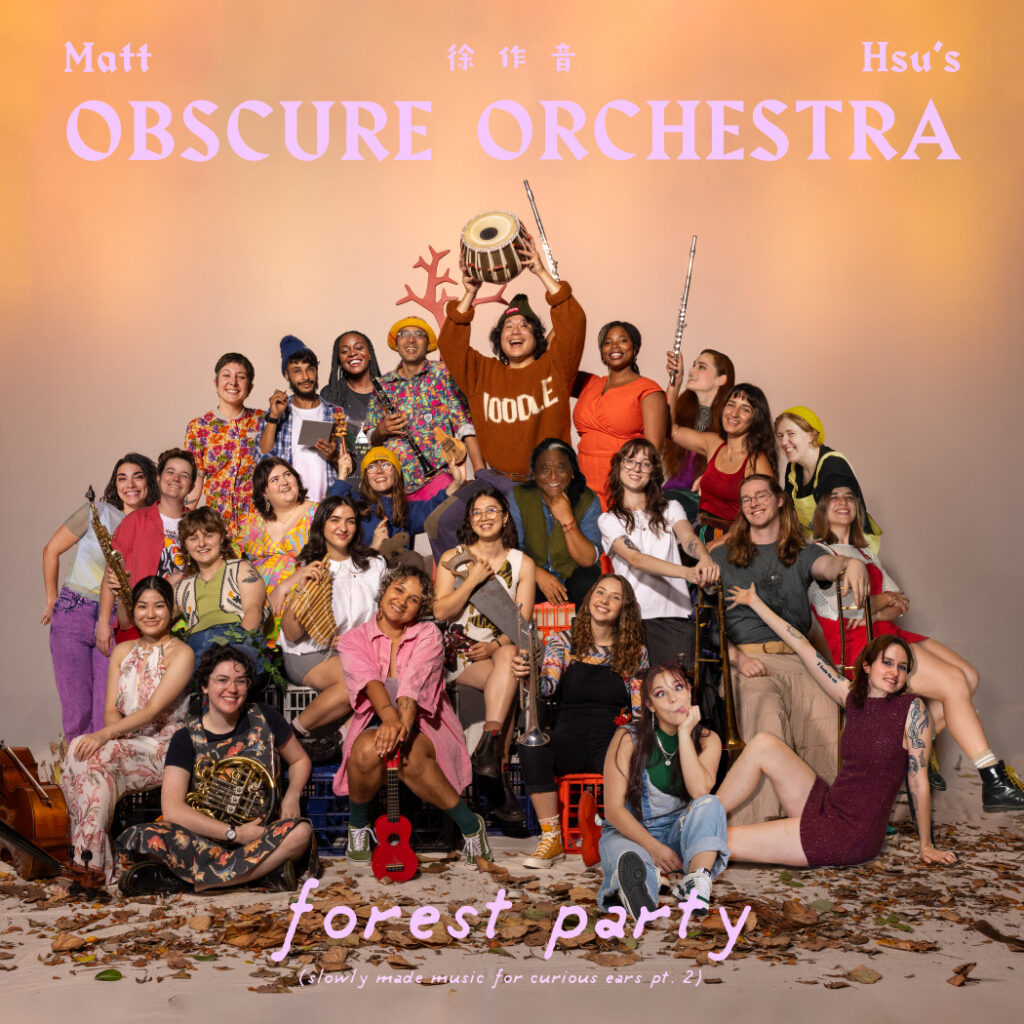
– “Forest Party” evokes images of forest celebration. How did you express the “warm community feeling” and “DIY spirit” through sound and arrangements? Are there any stories behind choosing this title?
I love the image ‘forest party’ evokes, like a treehouse community, where the inhabitants take care of each other and build things together. A fictionalised version of what Obscure Orchestra is. Actually, I was very close to naming the album ‘gnomecore’ which gives an similar feeling, the idea of a bunch of gnomes in a forest workshop making interesting things!
I think there’s a wonky lushness to the layering all these instruments, sounds and voices together, maybe the spirit of warm community and DIY ethos is tapestried through that wonky maximalism.
Noodle
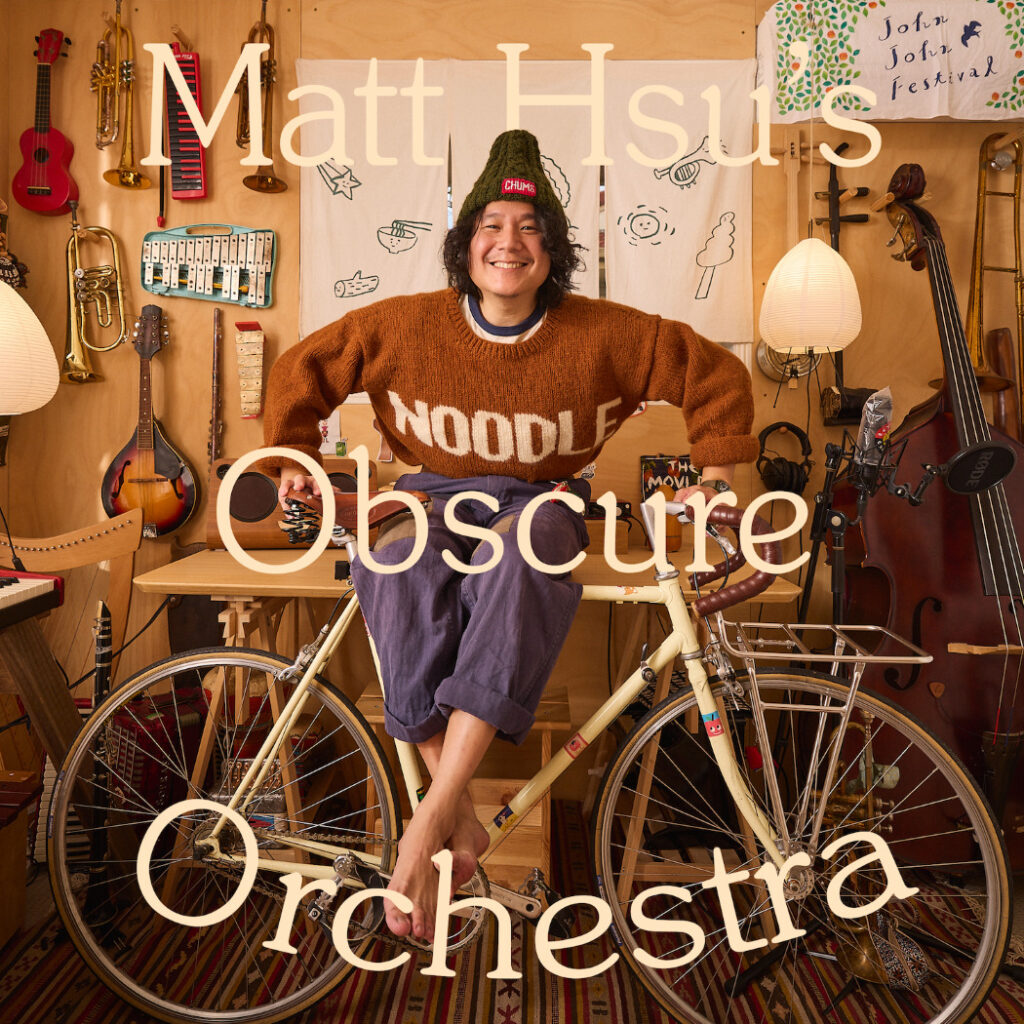
– Meanwhile, “Noodle” has an everyday yet humorous ring to it. What concepts inspired this title? It seems to pay homage to ramen love and food culture – what’s your aim in making food a musical theme?
Yeah! Noodles are a favourite food and highly important to my happiness! But I love that ‘noodle’ also means your brain where your ideas come from, as well as ‘noodling’ meaning mucking around with instruments. I think the title hints toward the hand-wrought, whimsical but highly personal feeling of the album.
like Studio Ghibli films
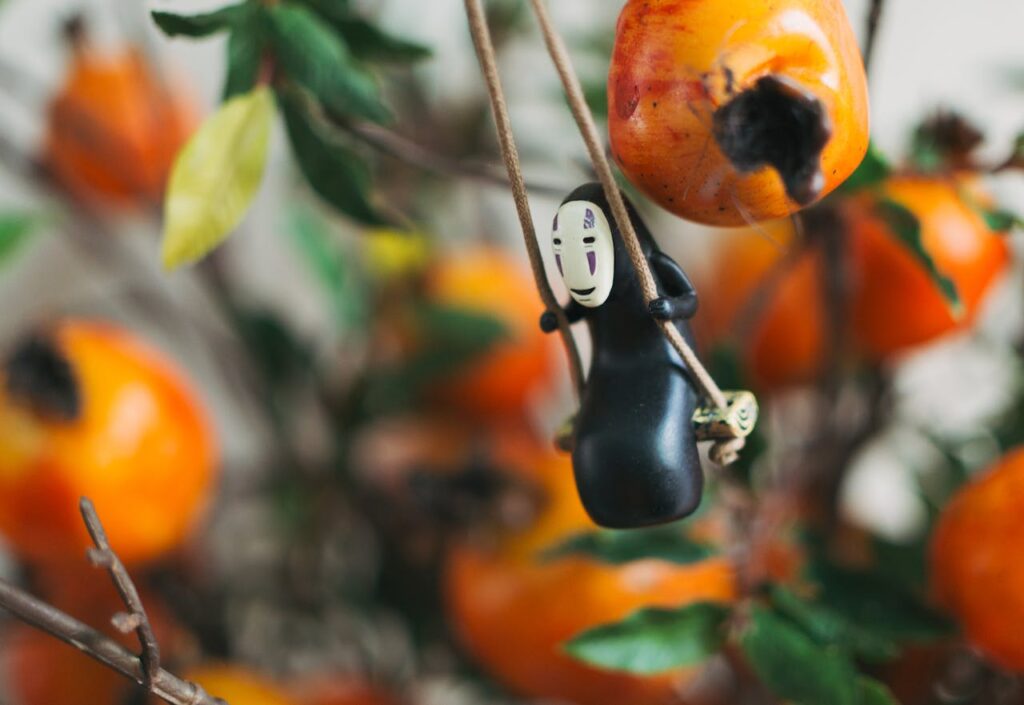
Well, I’ve been obsessed with Joe Hisaishi’s music since my earliest memories at 4 years old. I have baby memories of watching Totoro. They all contain a feeling of magic peering into the everyday, and I think if there were Ghibli films set in the contemporary world, where the magpie nest of the internet, and hip hop influences, and commercial excess, were all highly present, maybe the soundtrack might sound a bit like these albums.
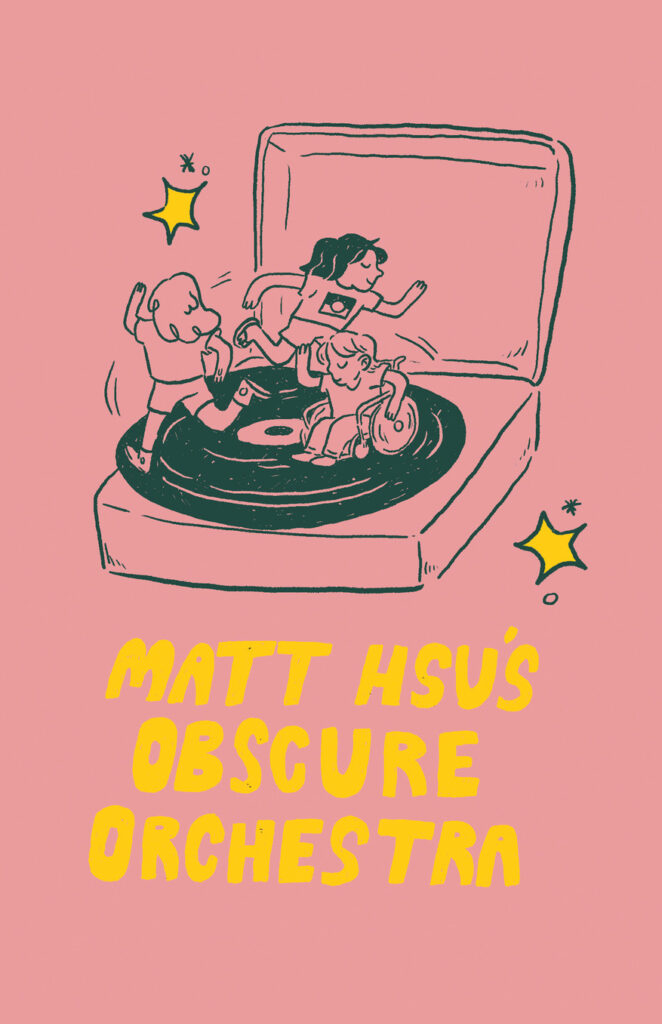
– You’re planning special releases including limited vinyl, comic books, and T-shirt sets. What concepts guided your total artwork direction? Could you tell us more about the comic book plans?
Okay! So the comic book was illustrated by a very good friend Madi Marston, who has a beautiful manga-inspired art style, and shares the same love of everyday curiosities that I do. I entrusted Madi to make it, and she absolutely blew me away. It was an honour colouring it in! The shirts will use Madi’s art, it’s just so good.
I simply wanted to give a sense of ‘this is what it feels like to be around Obscure Orchestra’ in the artwork. A tangible tactility but also a little magical too — like this is really me in my studio, but surrounded by these magical little trinkets and instruments in a makeshift treehouse in the ‘burbs.
This will be the first time I’ve pressed to vinyl. I have a complicated relationship with everyday things that become vogue and unreachable to most people, it feels like a bit of a superfluous status symbol in the age of streaming and youtube (which are also owned by these mega corporations). But I have comfort knowing that there are people who really care about music, and vinyl and cassette is their way of interacting with it.
– Who do you hope will listen to “Forest Party” and “Noodle”?
Children, grown-ups, everyone who genuinely loves music and is interested in the world and the sounds in it. My life has been shaped by music I grew up listening to, so it’s crazy that I get to release something it enter into the atmosphere of ‘music releases that exist in the world’.
– You’ve achieved notable success, including Qld Music Awards and festival performances. What new ventures are you planning? Any tours or Japan performances that Japanese listeners should watch for?
I would love to travel and play! I have a deep love for the Japanese countryside in particular! When I was 15 I lived with my friend Hiroshi’s family in Fukuoka, and have warm memories of watching Kaela Kimura making her first music career steps on TV. I’ve just kept watching Japanese TV ever since. I really enjoyed ブラッシュアップライフ with Sakura Ando and Bakarhythm, and 鉄オタ道子、2万キロ and ちょこっと京都に住んでみた。And I’ve loved everything that Hirokazu Koreeda has ever made.
Some of my favourite memories are hiking through Yakushima and seeing Jomon-sugi, and walking the Nakasendo trail with my best friend and bandmate from The Mouldy Lovers, Louis.
So yes! I would absolutely love to make music and play in Japan!
But first I’m going to focus on raising my child, and be a stay-at-home dad and occasional composer for the next little while. I’ll be having one concert in October in Magandjin/Brisbane, so that’ll be a nice belated birthday party for the albums!
– Finally, please share a message for Japanese music fans reading this article.
Thank you so much for reading this, if you took the time for this, you’re a very lovely person! If you want TV show recommendations, the ones I just mentioned are it!
Matt Hsu’s Obscure Orchestra released Works
album“Forest Party”
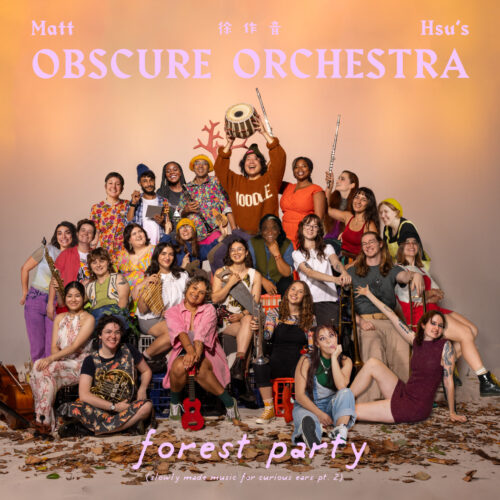
Release Date:February 1, 2025
bandcamp
album“Noodle”

Release Date:February 1, 2025
bandcamp
Link
Writer: Tomohiro Yabe(yabori)
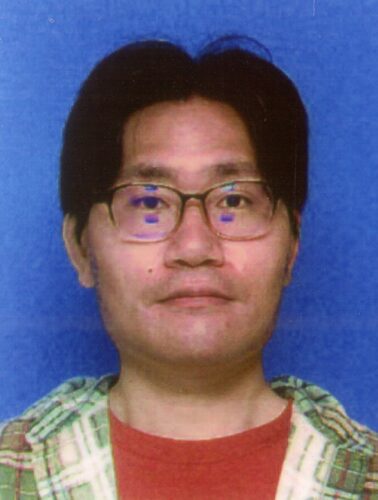
Editor-in-chief of BELONG Media/A-indie. Since 2010, he has been writing a music blog, “A timeless masterpiece(時代を超えたマスターピース)“, which is the predecessor of BELONG.
After writing for “only in dreams“, a website run by Masafumi Gotoh, the vocalist of ASIAN KUNG-FU GENERATION, he majored in music business at a music college.
He has been writing articles on Japanese and foreign music for more than 10 years.
In the past, he was in charge of garage rock, psychedelic rock, and Japanese indie rock at a music CD rental shop that had more than 100,000 albums.
Using his experience, he published 26 issues of a music magazine called “BELONG Magazine“, which had “roots rock” as its theme.
Currently, he is writing articles based on SEO strategies that he learned at a web production company. His hobby is watching “Fortune! Anything Appraisal Team”.
You can see the articles he has written so far here
Twitter: @boriboriyabori

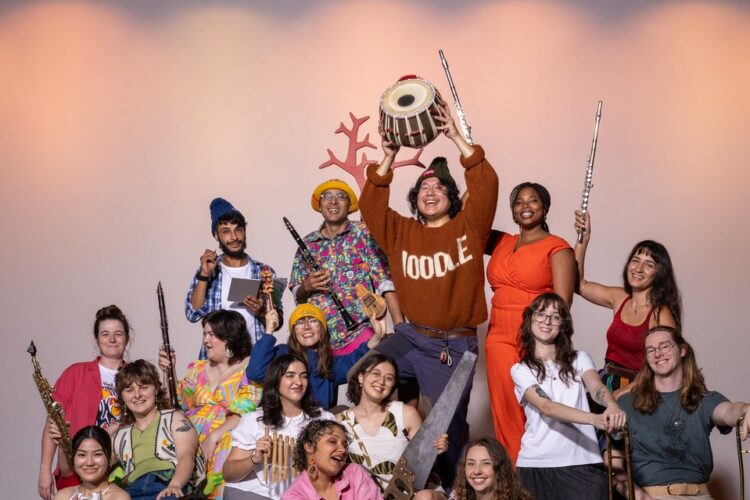
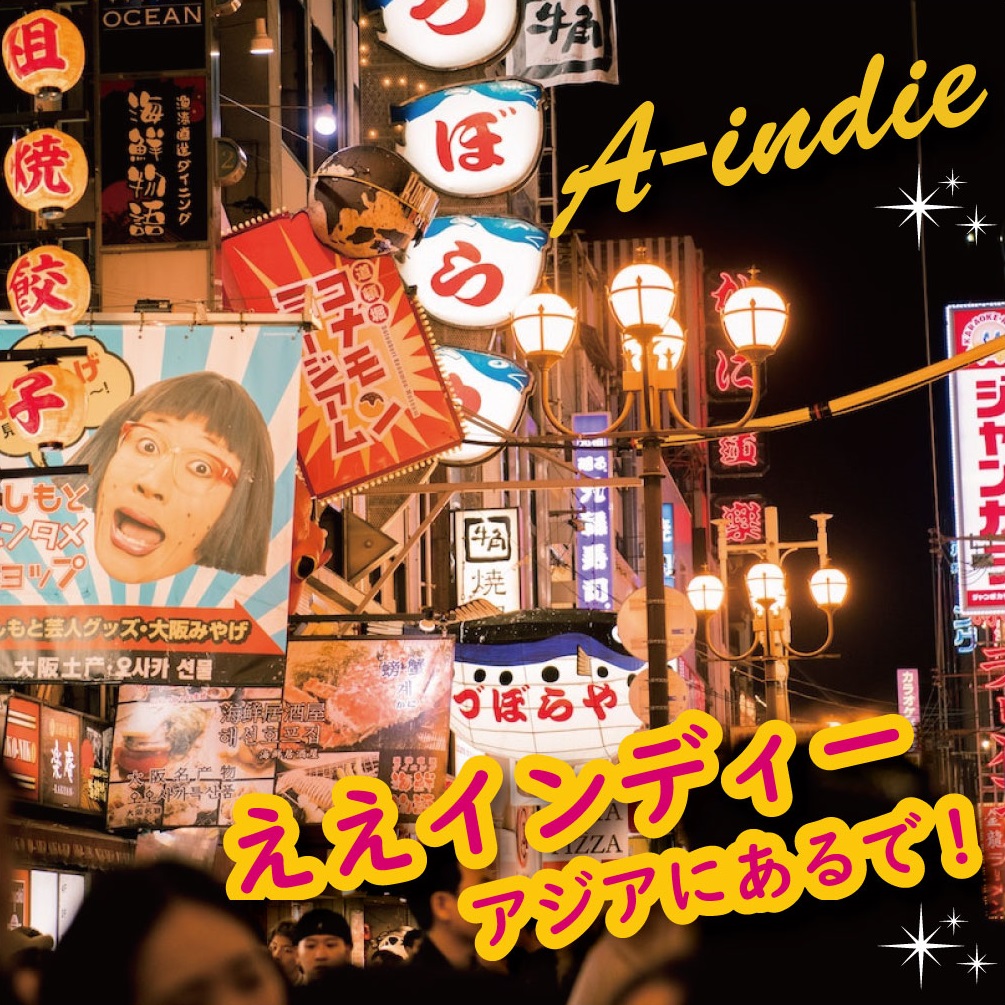

 - is a music media platform run by BELONG, a Japanese music organization. We publish music articles with a focus on indie music.
- is a music media platform run by BELONG, a Japanese music organization. We publish music articles with a focus on indie music.